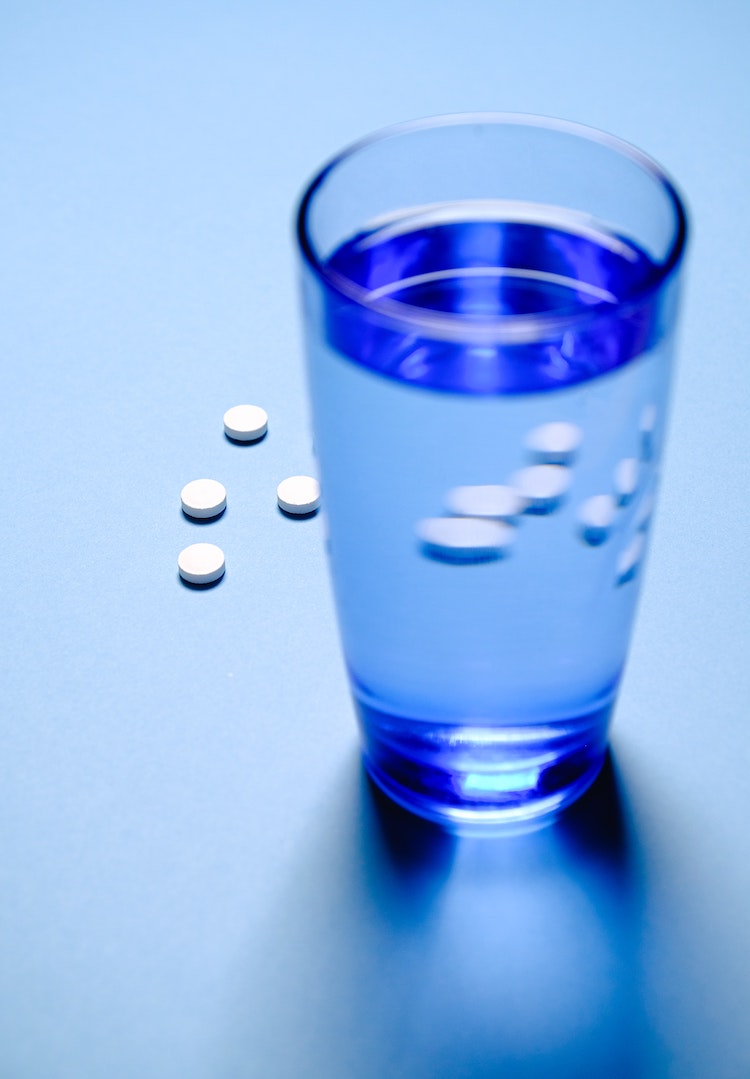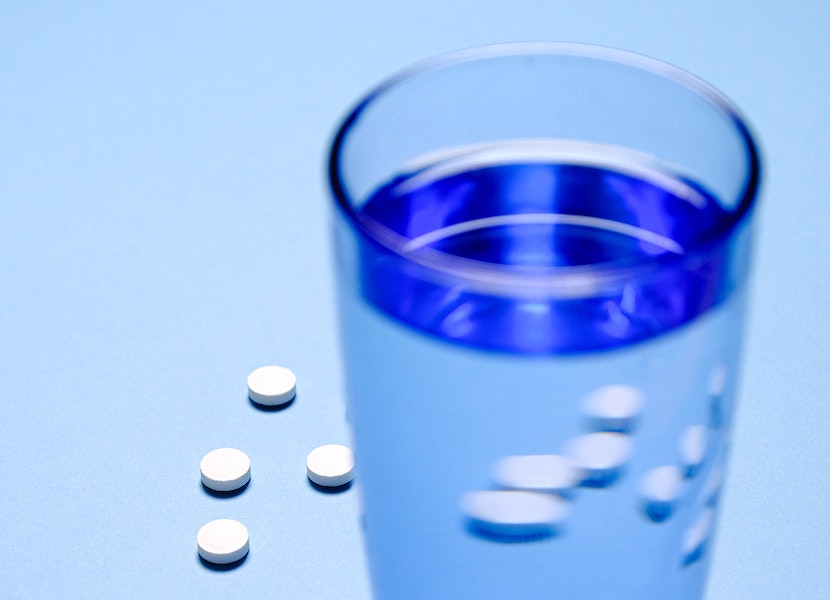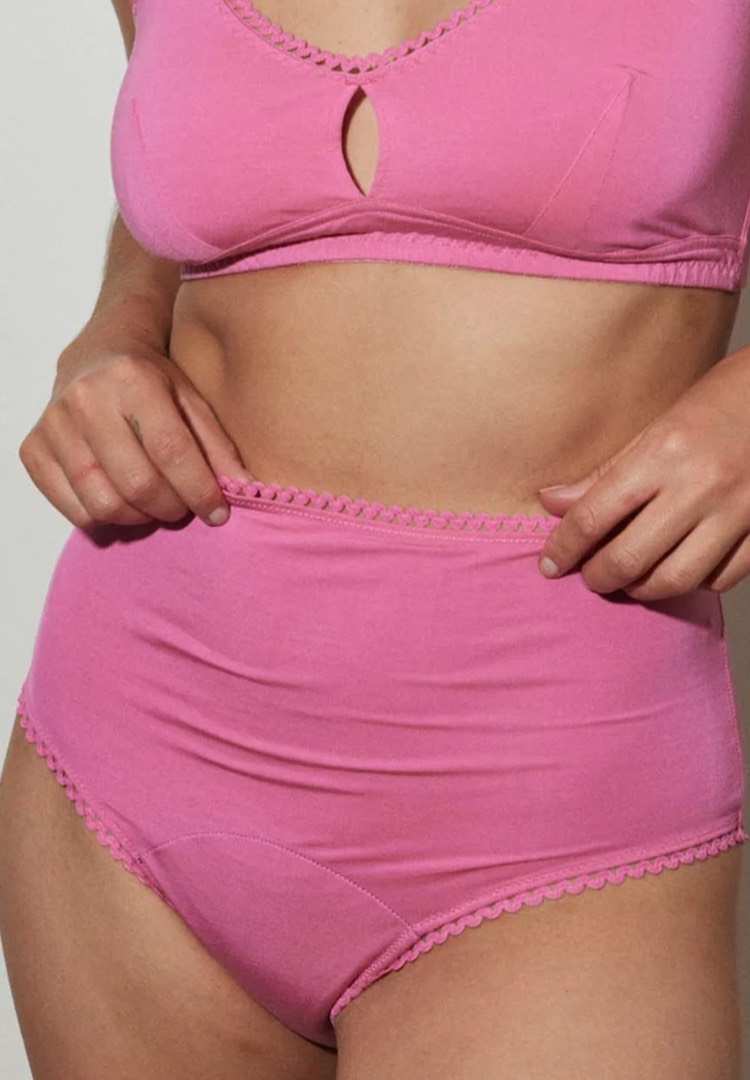What happens to your body when you quit the pill?
Words By Hannah Cole
Endocrinologist Dr Yvonne Chow and nutritionist Alexandra King weigh in.
The pill, or the combined contraceptive pill, was always sold to me as a fix-all solution. Use it perfectly and achieve 99.7 per cent effectiveness against pregnancy (‘real life’ use, accounting for the occasional forgetfulness, takes this figure to 91 per cent). Down it every day at the same time to manage symptoms of other hormonal issues or experience less painful or heavy periods.
For more content like this, browse through our Life section.
Almost eighteen months ago to the date, I slurped back my last pill. I’m a special case here, working with multiple specialists to overcome my hormonal health problems (not caused by the contraceptive), but it has caused me to ponder what normally happens to the body after we quit the pill. I spoke to Dr Yvonne Chow, an endocrinologist at Jean Hailes for Women’s Health, and clinical nutritionist Alexandra King to find out.
The pill 101
Firstly, let’s take a refresher course on the pill. Having stopped paying attention to the ins and outs many moons ago, Yvonne offered some useful background information. The combined contraceptive pill (the one that most women use) contains oestrogen and progesterone, working to stop contraception in three ways.
“It stops your ovaries from receiving the appropriate hormone signal to ovulate, so you never release an egg to be fertilised,” she tells me. It also thickens the cervical mucus, creating a barrier to entry for sperm, and thins out the lining of the uterus (the endometrium) to make it unfavourable for a fertilised egg to be implanted.
Something that many of us probably fail to remember, though, is that “When you are on the pill, what you’re having is not actually menstrual bleeding”. Instead, oestrogen and progesterone are replaced with synthetic hormones. As Alexandra notes, they “therefore, do not provide the same health benefits”.
And oestrogen and progesterone do exist for a reason. “Oestrogen supports bone and muscle mass, supports brain and cardiovascular health, has an anti-aging effect and promotes insulin sensitivity,” Alexandra tells me. “Progesterone has anti-inflammatory effects, supports thyroid and bone health, improves mood and memory, supports skin health and modulates immune function.”
Coming off the pill
Yvonne explains that coming off the pill is not a scary or difficult adjustment (although, make sure you have other forms of contraception at the ready if you are sexually active). “Your body’s ability to ovulate, so to reproduce, pretty much returns to normal,” she says.
“Your body is very resilient. Once you take away the high dose of oestrogen and progesterone that the pill is, your body’s hypothalamus-pituitary axis will wake up, and you will actually go back to your normal menstrual pattern.” Many women return to their underlying pattern by the next month; by three months, the majority of women will generally be back to their normal rhythm.
If you’re treating acne, excessive hair growth or painful or heavy periods with the pill, “these problems may be unmasked,” Yvonne notes. Put simply, any underlying problems you had previously may return as your body returns to the way it was before.
In saying that, Alexandra points out that there are several measures to take prior to quitting to help replenish nutrients and promote gut health (the pill has been shown to impact gut flora in negative ways). “The pill depletes the body of several key vitamins and minerals such as zinc, magnesium, selenium, B vitamins and vitamin C,” she tells me.
Paying particular attention to these nutrients, you might add foods like oysters, cacao, cashews, Brazil nuts, spinach, eggs and strawberries to your diet (sounds like a delicious smorgasbord to me). Additionally, consuming probiotic-rich foods like kimchi and sauerkraut will help to support oestrogen metabolism. Up your fibre intake, minimise your caffeine intake and eradicate processed foods and sugars.
Nurturing your body post-pill
While logistically speaking, the body should return to its normal cycle and ways of functioning shortly after stopping, it could always do with a little nurturing. This amazing and intricate body of ours deserves some TLC. Along with maintaining the supportive diet above, Alexandra recommends consuming adequate protein and healthy fats at each meal, limiting alcohol intake and adding more cruciferous vegetables. If the pre-pill acne creeps back, she suggests eliminating dairy to “see how your skin goes”.
Tracking your cycle, as Yvonne says, is another important step (before taking the pill and after). “I’m a big believer that your menstrual cycle is a good indicator of your underlying wellbeing,” she says. Both Yvonne and Alexandra note the importance of seeking help if things don’t seem normal.
“We define regular menstrual bleeding as bleeding that generally comes every 21 to 35 days, so roughly once a month. If you’re getting shorter cycles or longer cycles, it may be worth seeing your doctor because that may suggest that something’s not quite right,” Yvonne tells me. And, if your cycle hasn’t returned within three to six months, it’s time to have your hormones tested and speak to the experts.
Wherever you stand, whichever form of contraception you prefer, these are the key takeaways: nourish your body, do what feels right for you and see a professional if necessary.
Read more about the pill here.













